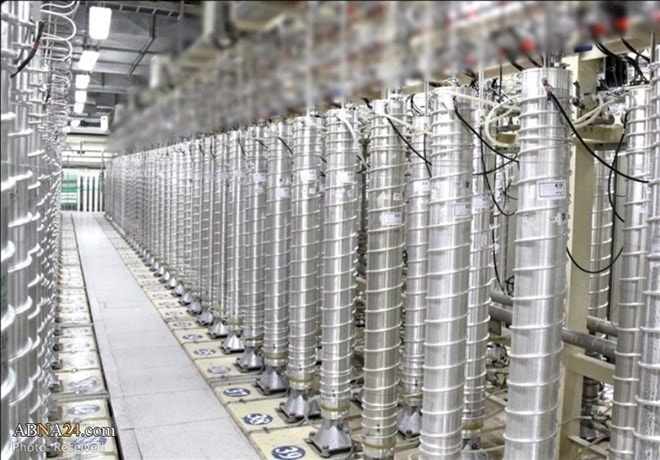US President leaves open the possibility of a new nuclear deal with Iran
US President Donald Trump on August 6 signed an executive order re-imposing sanctions on Iran, however, he still left open the possibility of making a new nuclear deal with Iran.
US President Donald Trump on August 6 signed an executive order re-imposing sanctions on Iran, affirming Washington's policy of "maximum economic pressure" on the Islamic Republic.
However, he left open the possibility of a new nuclear deal with Iran.
In a statement, President Trump reiterated his view that the historic nuclear deal that Iran signed with the P5+1 Group (including the US, China, Russia, the UK, France and Germany) in 2015, called the Joint Comprehensive Plan of Action (JCPOA), was a "bad and one-sided" deal.
However, he also said he was "still open to reaching a more comprehensive deal" that would cover all of Tehran's activities, including its ballistic missile program.
According to US officials, President Trump is ready to meet with Iranian leaders "at any time"
Previously, on July 24, US President Donald Trump also announced that he was open to negotiating a denuclearization agreement for the Islamic Republic.
However, Iranian Foreign Ministry spokesman Bahram Qassemi said Tehran would never engage in unfair negotiations with the US.
President Trump made the above statement in the context that the first group of sanctions that were eased under former President Barack Obama will be re-imposed at 4:01 a.m. on August 7 (GMT, or 11:01 a.m. Vietnam time).
Accordingly, the Iranian government will be banned from buying USD, and blocked from trading in gold, other metals, coal and industrial-related software.
In addition, the US also stopped importing carpets and food products from Iran and blocked some financial transactions with the country.
Iran's oil exports, its main source of foreign currency, are also expected to be severely affected.
Then, in early November, the US is also expected to impose a second package of sanctions targeting Iran's oil industry and central bank.
In 2015, Iran and the P5+1 group signed the JCPOA. Under this nuclear deal, sanctions related to Iran's nuclear program were gradually lifted in exchange for Tehran ensuring the peaceful nature of its nuclear activities.
However, in early May, President Donald Trump officially withdrew the US from the Iran nuclear deal and announced that he would re-impose unilateral sanctions against Tehran.
Currently, European countries that signed the JCPOA are still making efforts to maintain this historic agreement.
The European Union (EU) and three member countries, including the UK, France and Germany, affirmed that they will maintain economic relations with Tehran.
In a joint statement with the Foreign Ministers of Britain, France and Germany, EU High Representative for Foreign Affairs and Security Policy Federica Mogherini, who is currently on an official visit to Asia, said the EU and the above countries are determined to protect European businesses doing legitimate business with Iran.
According to the statement, the historic nuclear deal that Iran signed with the P5+1 group (including the US, China, Russia, the UK, France and Germany) in 2015, called the Joint Comprehensive Plan of Action (JCPOA), is taking effect and achieving its set goals.
The deal is a key element of the global nuclear non-proliferation architecture, vital for European, regional and global security. This is also why the updated EU Blocking Statute will come into force on 7 August, protecting EU companies doing legitimate business with Iran from the impact of US sanctions.
In addition, the above officials also affirmed that protecting the nuclear deal with Iran is a matter of respecting international agreements as well as international security.
The remaining countries participating in the JCPOA after the US withdrawal will maintain financial channels with Iran and will continue to buy oil and gas from the Islamic Republic.
Meanwhile, Iranian state television quoted Foreign Minister Mohammad Javad Zarif as saying that US President Donald Trump and his allies in the Middle East, including Saudi Arabia and Israel, would be "isolated" due to hostile actions against Tehran./.

